The size of your washing machine affects how heavy it is. Full-size machines can hold more laundry than smaller models; however, they are generally heavier due to their larger load capacity and water tank. You can find some compact front-loaders advertised around 70kg (155lbs). Compact it tends to use less energy and water, making them ideal if you only need to wash a few loads per week. However, they will probably hold a maximum of 25-40kg (55-88lb). Let’s find out How Much Does A Washing Machine Weigh?
A full-size front-Loader machine weighs between 100kg (220lb) and 150kg (330lb), Depending on which model you have. If you’re buying a new washer, this weight can cost several hundred pounds.
Let’s get started. First, Let’s look at some Of the different materials you can weigh.You can weigh Any number Of items depending on What you want to measure. We’ve got some options here:
Here are a few ways to find out How Much Does A Washing Machine Weigh
1. 100 kg
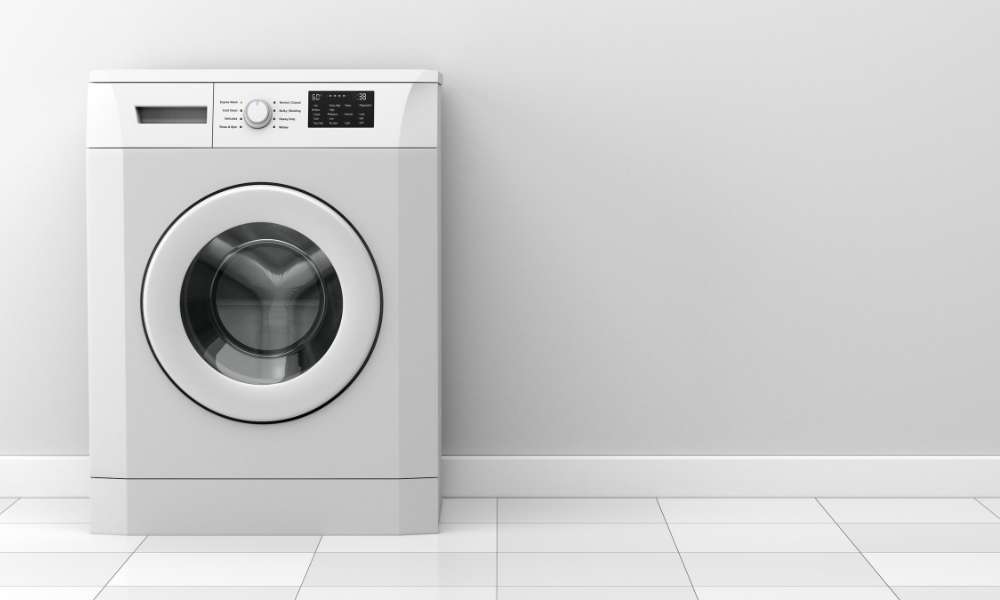
Average weight of a machine (according to the internet) is 100 kg. It weighs 1/10th of a ton. To put this in perspective, one ton of material weighs 2240 kg. Similarly, a machine weighs about 0.1 ton.
2. 30 kg
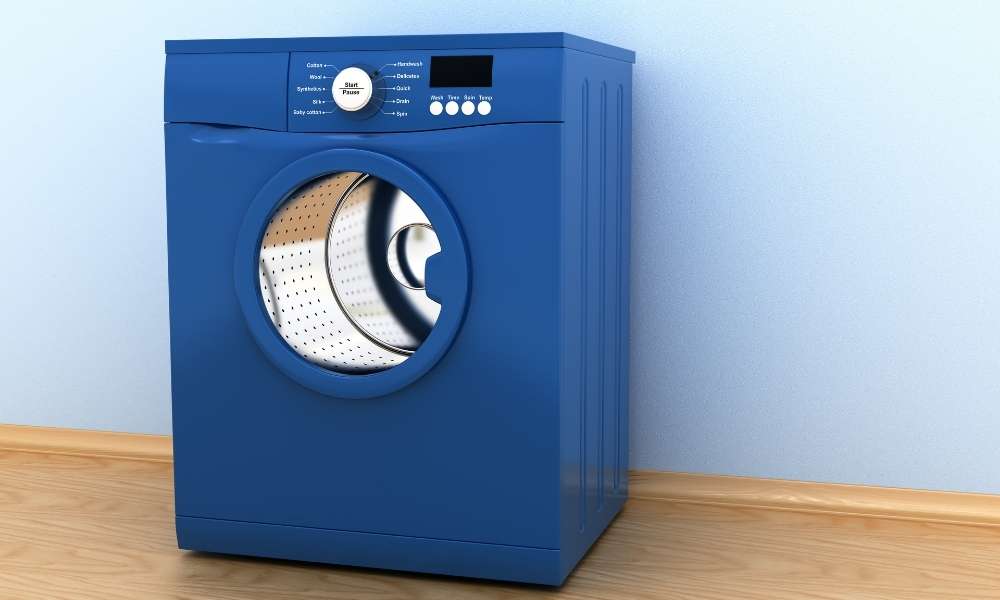
Most washers have two motors. One motor powers the drum while the other powers the agitator. This means that each motor weighs about 20 kg. The total weight of both the motors will then be equal to 30 kg.
3. 1 kg

Every time you use A vacuum cleaner, you suck in some air. You can calculate How much air you suck in using the following formula: The weight of the object x the volume density Of the air you suck in. To find out how dense the air is, simply multiply Avogadro’s Number (6.022×1023) by the air pressure above you (101325 Pa). So, if you have a 50 cm diameter plastic bag, you will suck in 50*(6.022×1022)/101325Pa0.0005m³ of air. Multiply this By the mass Of the object (50 grams) And you get 0.005 kg.
4. 5 kg

An average car tire weighs around 25 kg to 35 kg. As long As you’re driving at A reasonable speed, You should Be able to make it across the road safely without puncturing A tire.
5. 14 kg
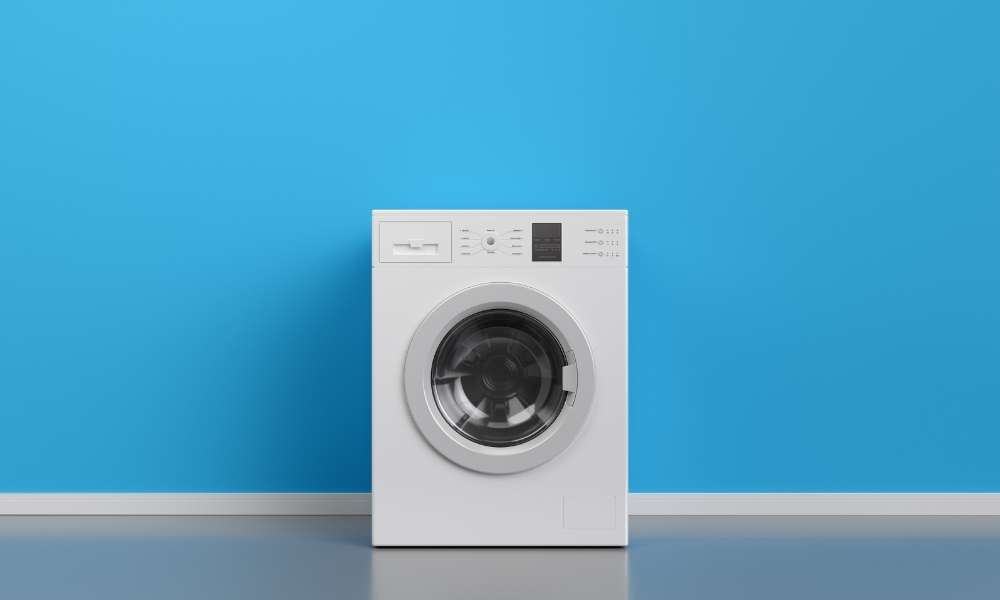
If you want to carry A wash in your pocket, you can, But you have to wear jeans, Not shorts. Most people who try to fit it in their pocket end up breaking it.
6. 12 kg
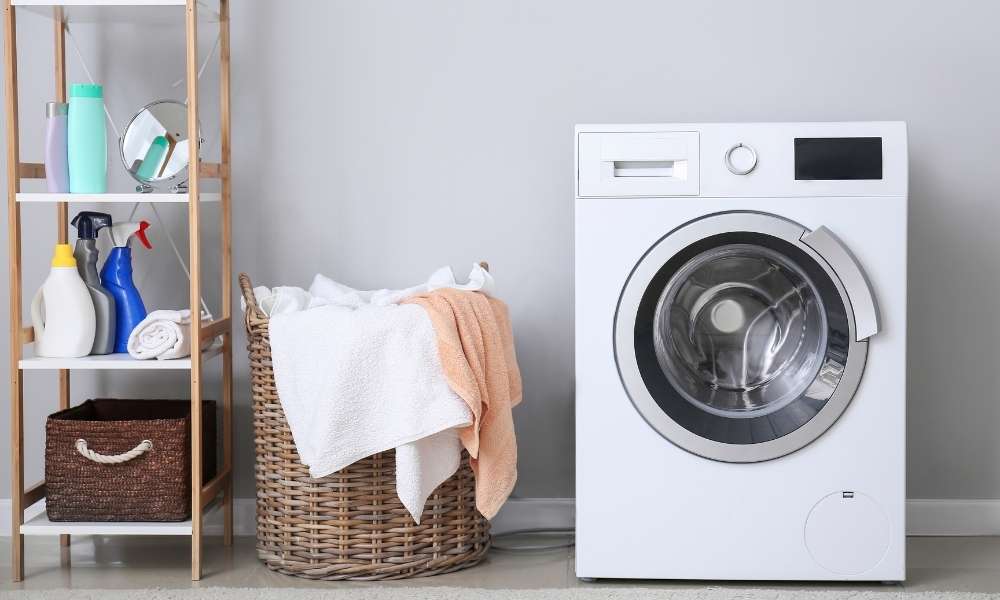
You can’t easily buy a washing machine online these days, but you can still order a machine on Amazon.
7. 25 lbs
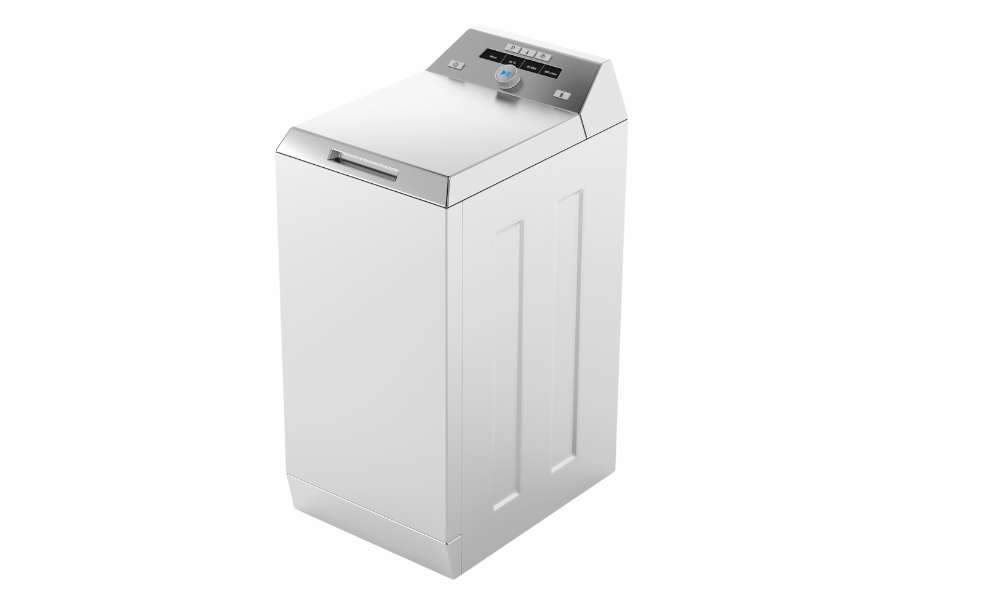
A washer weighs about 24 pounds (11 kilograms).When I first started Looking At washing machines, The number Of washers sold in the US each year was about 250 million. In 2004, the total value of sales reached $25 billion. A typical household would need two such machines to wash everything they own. However, If you are going to buy A second-hand machine, You will Have to pay more than buying A brand-New one. It Has been around for over 100 years, But its design didn’t Change much until the late 1970s.
8. 10 kg
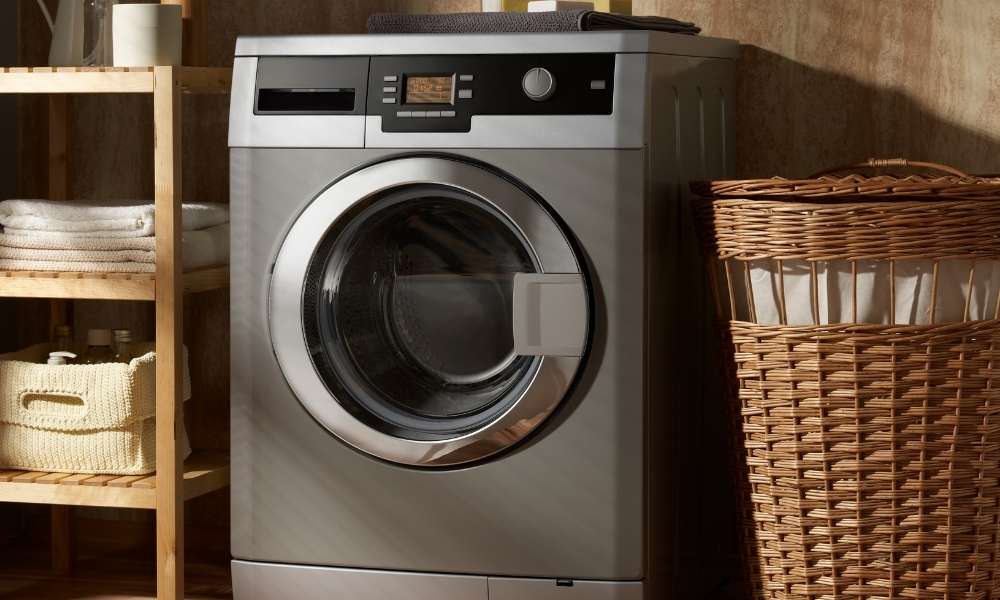
The average weight of a washing item is 11 kg or 12.7 pounds. A 15kg capacity washer costs less than half of its larger counterparts. The largest capacity washers offered today are 30 kg, 40 kg, and 60 kg. Most homeowners Don’t choose these models because they don’t think they’re worth the extra Cost. The best way to find out what size washer you need is to measure the number Of clothes you plan to wash. If you’re still not sure How much to get, Check out some online retailers to compare prices. You should expect to spend between £600 And £1000 on Ahigh-quality washer
9. 0.8 ton

The average size of a washer is 0.8 tons. This means that A washer can hold about 8 cubic feet Of water.The amount Of energy A machine uses is directly proportional to the size Of the drum. The bigger the drum, the more power it takes to spin the fabric inside it. Larger sizes generally use more power. Smaller washers consume less energy but may take longer to perform a cycle. They can save you money in the long run though since smaller loads reduce wear and tear on the motor.
10. 1.2 m

The length of a machine is 1.2 meters or 4 feet. Manufacturers make different sizes of washers for different types of homes. Their Length Ranges from 2.5 meters to 5 Meters. Washers designed for homes with small rooms and bathrooms often have shorter lengths. For houses built with wide hallways, those are usually long. While most people choose a standard-sized washer, there are many different models available. There are compact washers that are only half the size of regular models, while others are three times the size of traditional machines. Many manufacturers offer special features in their best products such as electronic drying cycles, automatic rinsing, and self-cleaning.
11. 500 ml

Washing items are generally classified based on the amount of water they can hold. A front loader holds 500 milliliters, which means it can hold enough water to fill a glass. An upright model holds around 600ml and can wash three glasses at once. The top loader can hold up to 300ml of water and wash down four glasses. These numbers will differ depending on the type of washer you buy, but the basic principle remains the same and know How Much Does A Washing Machine Weigh.
12. 1250 watts

You will need about 1250 watts of power to run a machine. This is equivalent to about 6 bulbs on a dim setting Electricity bills are calculated by kilowatt hours (kWh), which is measured in units of watts multiplied by time. Household appliances use less energy during Off-peak hours, So you may want to use your washer At night instead of early in the morning.
13. 9 minutes

If you put your laundry away As soon As you remove it from the dryer, You’ve saved yourself nine minutes.
Where can I find a laundry washer?
You should keep an eye out for manufacturers who offer free delivery. Many retailers offer free delivery if you spend over a certain amount each month, while others offer discounts on purchases above a set threshold. If you don’t want to pay for delivery, local laundromats often advertise special deals on it.
What is washing machine vs dryer?
A washing tool drum rotates at high speed to agitate the clothes, removing dirt particles. The spinning action creates friction between the fabric and the inner surface of the drum, which creates heat and moisture. A drying cycle brings the laundry inside the machine where hot air is circulated to remove excess moisture.
A dryer works like a washing item, but instead of saving water, it saves electricity. Because dryers save enough electricity to run for several hours, they are perfect for heavy items like towels and sheets. However, a dryer is only half as effective at cleaning delicate materials.
The Final Thought
An average washing machine weighs about 60 pounds (27 kg). Such machines have become smaller And lighter over time thanks to improvements in technology And design. Large washers Can weigh up to 130lbs (59 kg), While top-Of-the-line models can weigh up to 30lbs (14 kg). In general, The higher the load and the more water in the device, The bigger the motor And the bigger the drum. Although not all washers are created equal, many people still use their old 30lb (13 kg) front loaders.
Also, some devices may have additional features such as dryers, ringers, or even dryer/ringer combos. These often add extra weight. Hope you understand how much does a washing machine weigh


